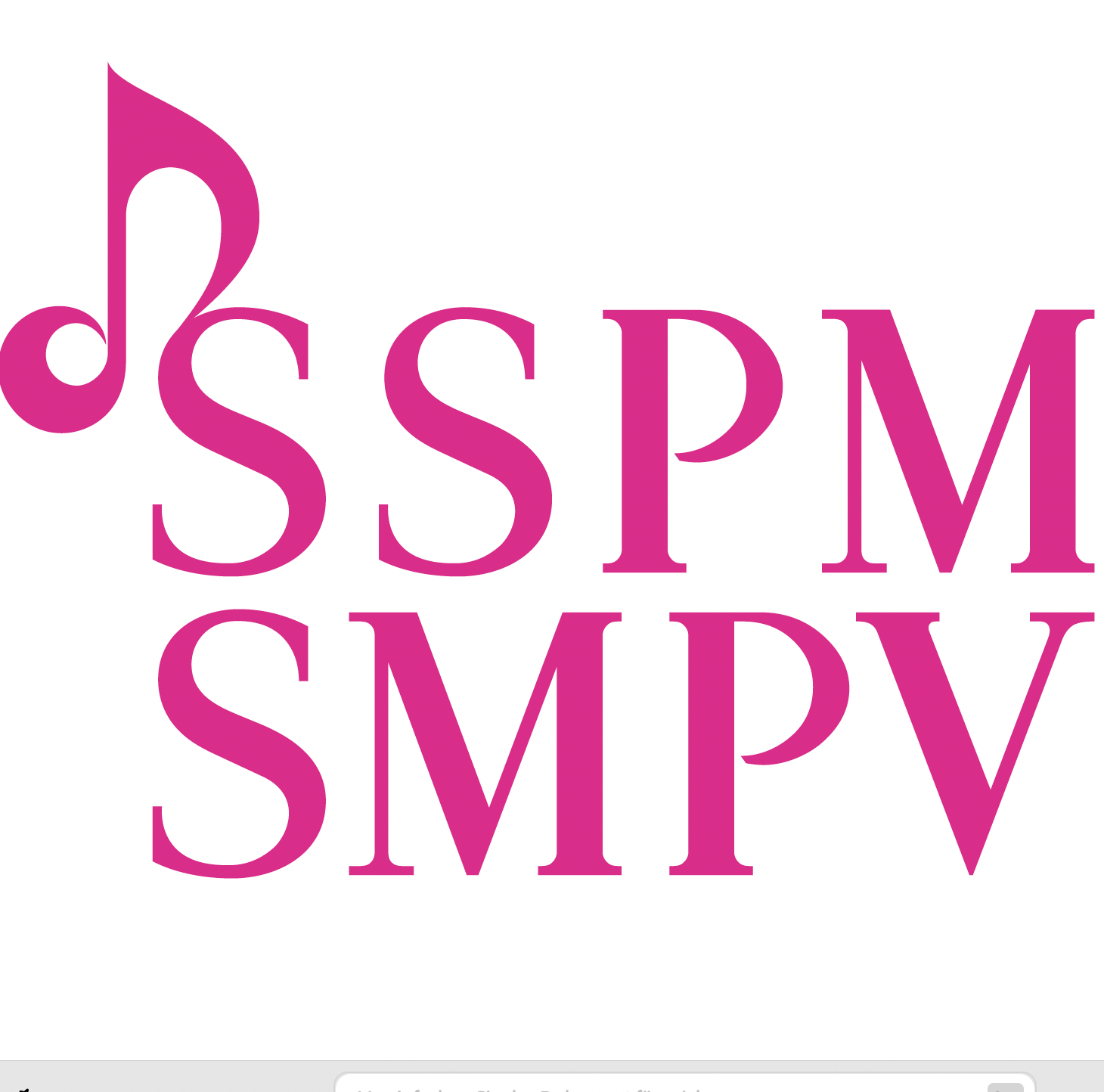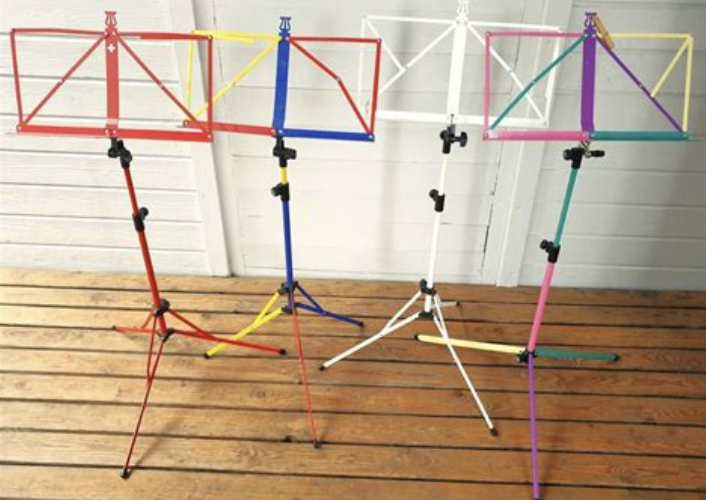SSPM and USS
Since 2005, the SSPM has been a member of the Swiss Union of Trade Unions (USS).
In March this year, the AD decided to leave the USS, but left room for negotiations.
Twenty years ago, the SSPM joined the USS. The vote on membership had been preceded by heated discussions: opponents∙es to membership felt that the SSPM had no place in the USS in branch terms, criticized the USS for being too left-wing, or pointed out that USS membership brought nothing to the independent∙es. The membership application submitted by several section presidents∙es read, "Membership of the USS would enable the SSPM to obtain useful information concerning the protection of the profession of music teacher in Switzerland, but also to approach decision-makers in the field of education and culture."
The delegates∙es were eventually persuaded by the argument that the USS would protect SSPM members in the event of a crisis. In order to pay the USS dues per member, which at the time stood at 12.50 francs, they even agreed to a 10-franc dues increase.
What many delegates∙es were not aware∙es of at the time was that the USS is obviously not doing the association's union work. It is the association itself, which must be its own trade union, which identifies, names and describes precisely the current problems of music pedagogues/musicians in Switzerland, and then seeks solutions to these problems.
Sometimes the problems are minor injustices relating to employment law, which can be resolved by a meeting between a section president and the management of a music school. But some problems affect a great many people, and can only be resolved by changes to laws and ordinances at cantonal or national level. In these cases, the USS can open doors and provide contacts with decision-makers.
First doubts
At the 2007 Annual General Meeting, the CC proposed leaving the USS. It justified its decision on the grounds that the SSPM did not receive any compensation equivalent to the 60,000 Swiss francs in annual membership fees. The Central President at the time, Jakob Stämpfli, who represented the SSPM at USS committee meetings, pointed out that in 2006, only one topic of broad relevance to the SSPM had been discussed at committee meetings. The CC admitted that it had not thought, when discussing membership, that issues of importance to the SSPM in terms of education and culture were decided almost 100% at cantonal level, and that the USS, as the national umbrella association, was therefore the wrong body. However, he acknowledged that some sections had had good experiences with the cantonal unions. However, Rolf Zimmermann (USS), with the support of Hans Peter Völkle (ASM), succeeded in convincing members to remain within the USS.
The crisis
The "big crisis" came in 2020, when the pandemic brought everything to a standstill and severely limited the music sector for a long time.
Independent∙es were particularly hard hit∙es, as they received negligible allowances that didn't allow them to live. Added to this was the problem that art professors∙es were not considered∙es as artists, but as mere enseignants∙es, and were therefore excluded from support for cultural creators. The USS stood up for SSPM members when, as part of the lockdown, it secured a ban on private music teaching in attendance too. But the problem of the lack of compensation was not easy to solve, and we received no help on that score. The USS immediately passed on to the SSPM Central Committee any information it had on the new Federal Council ordinances or on the possibilities of obtaining emergency aid via Suisseculture-Sociale. However, as President of the SSPM Berne, I received this information from the Canton of Berne directly and just as quickly.
I think it's fair to say that the protection we had hoped for from the USS in the event of a crisis did not live up to expectations.
The SSPM's main concerns
- Insidious reduction in working hours and associated absence of unemployment benefits: only people who have earned at least 20% less in the last 2 years receive unemployment benefits. If a music school teacher loses two to three lessons a week every two years, he will lose 50% of his original job in 8 to 10 years, but will never receive unemployment benefit. This is what Wolfgang Pailer has been saying since 2007. Last year, the USS arranged a meeting with Annette Dannecker at the SECO, only to learn that it would take a major revision of the law for things to change.
- nor can the USS help us solve the problem that music pedagogues are exclusively classified∙es by politicians in the field of education and not culture, that the SSPM is therefore not subsidized, unlike the USDAM, and that art teachers are disadvantaged∙es in times of crisis.
- Professeur∙e de musique should become a registered profession. The USS could support the SSPM on the long road to title protection.
Trading margin
After AD 2025 decided to leave the USS at the end of the year, it gave a negotiating mandate to Annette Dannecker - also in gratitude for the USS's financial complacency over the past three years. Some sections would like to remain with their cantonal unions, and would also be prepared to pay the corresponding cantonal dues. A "light affiliation" to the USS, virtually without rights but with very low costs, with which sections would buy the right to remain in the cantonal unions, would almost certainly be accepted.
But statutorily, the USS can only propose a switch to associate membership (7.80/member plus cantonal federation dues). This would imply an increase in the SSPM membership fee. So the question is not whether the SSPM can afford (associate) membership, but how it assesses the cost/benefit ratio today, and whether it wants to afford it.








